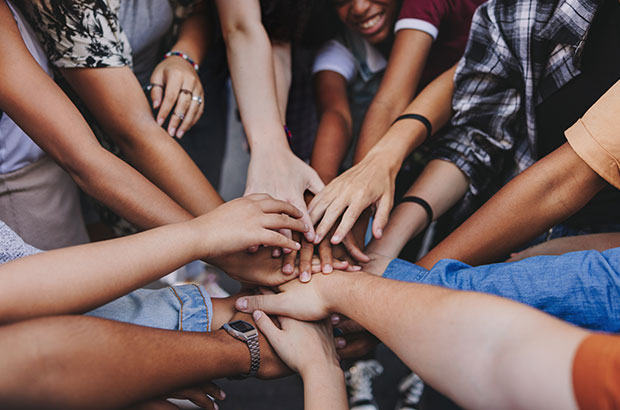Are you fired up for this fall? I know that I am. In fact, I feel sure that the next three months will be some of the most important in the history of climate action in the Pacific Northwest.
The work we’ve done together has helped establish our region as one of the best positioned in the country to fulfill the promise of cutting carbon emissions rapidly on an economy-wide scale, creating great jobs, and addressing environmental justice.
The strong climate and clean energy laws and policies we have fought for are delivering major results in the Northwest. Washington’s Climate Commitment Act is providing billions in funds for crucial projects across Washington to mitigate the immediate harms of air pollution and climate change. These include transportation priorities to clean up our air and protect our communities, such as zero-emissions transit and school buses, EV charging infrastructure and ferry construction, creating clean energy jobs, wildfire preparation, and restoring salmon habitat. CCA-funded projects are working to improve air quality, energy affordability, and workplace health and safety among overburdened communities and Tribes.
In the next three months, however, much of this progress will be on the line.
Responding to our success in passing great climate and clean energy laws, fossil fuel industry allies—including MAGA Republicans like Washington hedge fund manager Brian Heywood—are trying to undo progress. They are filing ballot measures in Washington to stall and roll back our progress. Meanwhile, in Oregon, NW Natural and other fossil fuel companies filed lawsuits to undermine Oregon’s Climate Protection Program.
Here are a few major decisions that will soon be made about the future of climate action in our region:
- On Election Day, November 5th, Washington voters will determine the fate of our state’s landmark climate law, one of the most equitable and ambitious in the world, designed to cut carbon pollution and invest in clean air, transportation, and protect our farms and forests (vote No on I-2117). Climate Solutions is partnering with more than 400 organizations to oppose this and other destructive ballot initiatives. Also on the Washington ballot: an attempt to roll back good policies designed to cut carbon pollution, increase consumer choice, and lower utility rates for consumers (vote No on I-2066).
- At the end of November, the Oregon Environmental Quality Commission will vote on final rules to restore the state’s leading climate law, the Climate Protection Program, which was invalidated due to a fossil fuel lawsuit. Oregon residents have until Sept. 27 to submit comments in support of restoring this program (submit comment here).
- The November election will also allow Washington and Oregon voters to determine which elected officials will set the pace on climate action. In Washington, we will choose a successor for the nation’s leading climate Governor, Jay Inslee. In both states, how many climate champions are sent to the state legislature is on the ballot. Nationally, we will determine our next President and which party and people will control Congress- and with it our federal climate ambitions.
The stakes could not be higher—so it is vitally important for you to get involved to help make a difference.
With so much at stake on climate action in the region, we wanted to provide you with some clear ways to get involved. We need your help to:
- Volunteer. Please consider volunteering some or your time to help defeat I-2117 in Washington! Click here to help spread the word.
- Communicate with your neighbors and networks. Washington folks: share information about the No on 2117 campaign with people you know, in person and on social media, including Facebook, X, Instagram, TikTok and YouTube.
- Speak up. Oregon residents: submit a public comment in support of restoring Oregon’s Climate Protection Program here.
- Donate. There are a few great ways to donate to help us to win these campaigns. You can give to No on 2117 here. You can give to No on I-2066 here. And you can contribute to Climate Solutions here to support our work on all of this and more.
- Vote. Last but not least, vote! And make sure to get others to cast their ballots too!





